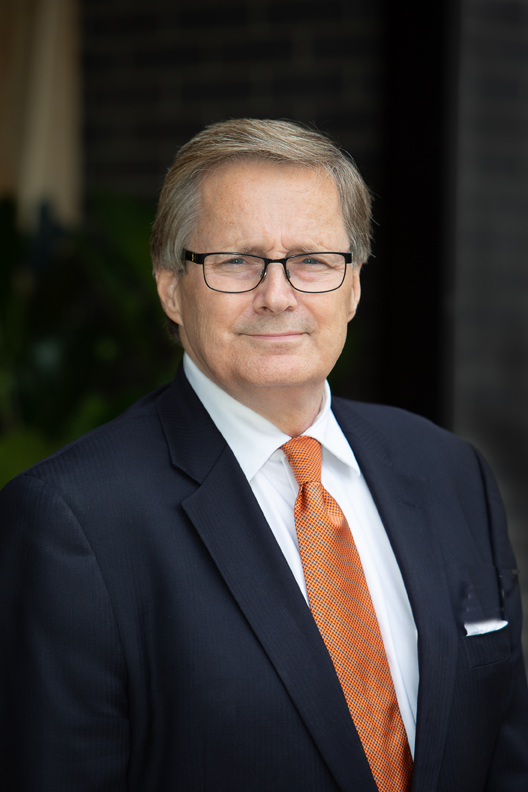Two Council members jabbed a political hornet’s nest in La Palma this week when they announced an attempt to extend their terms in office.
Mayor Marshall Goodman and Council member Nitesh Patel want to have a “conversation” with the community about term limits.
Both said in so many words that they believe they are doing an excellent job in office and are seemingly worried no one will step up to replace them to properly manage the city once they are gone. Goodman is termed out this year and Patel in 2026.
Accordingly, the La Palma Council unanimously voted 5-0 to spend up to $50,000 in taxpayer dollars to have a “conversation” with their constituents.
Goodman and Patel gave a host of reasons why they believe a two-consecutive limit does not best serve the “micro” city of La Palma and wondered why they should be denied the right to continue serving if they are willing.
They also point to the fact that less than a handful of residents have signed up for the Citizens Academy to find out how city government operates.
Others in the meeting, however, including an activist and a former Council member, claim La Palma voted 80/20 for term limits and that, across America, term limits are about the only thing Americans, both Republicans and Democrats, solidly agree.
Nevertheless, Goodman and Patel want to make their arguments directly to voters in a “conversation” with their constituents that will cost taxpayers tens of thousands of dollars.
Some in La Palma may consider it a bit rich, perhaps on the fringe of audacity to ask voters to give you more time to serve when you, as a Council, refuse to allow them to virtually attend city council meetings.
More importantly, what Mayor Goodman should also be asking himself is why did just a handful of citizens sign up for the Academy. Was it not promoted enough? Was it truly a lack of interest? Or maybe, just maybe, since the city refuses to fully allow citizens to see what’s going on at city hall, could it be the lack of consistent coverage of its meetings may have prompted a loss of interest.
Worse yet, maybe they feel unwanted. Rejected. Why should citizens be interested in getting involved when they are not even allowed to see the presentations made at city hall because there are no video cameras to transmit the meetings.
La Palma citizens are greeted with a black screen, sometimes with a city logo, and sometimes unintelligible and unmodulated audio but the lack of video prevents them from ever seeing what’s going on.
When Council member Janet Keo Conklin urged transparency more than a year ago, she proposed installing a new audio-visual system in city hall. “It would help us be more open and transparent to the rest of our community,” said Conklin. “It would make us more available to our residents.”
To be fair, Mayor Goodman seconded her motion and voted with Conklin, but the measure failed by a 3-2 vote.
Instead, the Council voted to spend a reported $50,000 to change a “microphone” in city hall to improve the audio. It didn’t help. As former city Council member Keith Nelson puts it last week, “your audio sucks.”
Let’s face it. we are living in the 21st century. We carry in our pockets screens that instantly connect us with a world of events. We visit bars, restaurants, and even doctors’ offices have screens with video and audio. Yet not in La Palma’s city hall.
Have we not reached a point in the digital age, where it is time for governments and their agencies to peer outside their comfortable bubbles to see how quickly and radically the real world has shifted?
Cameras, switchers and digital equipment cost much less than they voted to spend on a conversation, they could invite citizens into city hall for every meeting.
Goodman (and Patel especially, who voted against the transparency option), should consider installing a modern system so at least citizens know they are welcome to watch the leaders they elected spend their money. Give them a front row seat.
And what happens during the big “conversation” with the community. Will the playback of this “conversation” also be limited to audio only? What about those who cannot attend in person, will they not be able to participate or at least “watch” it afterwards?
While the circumstances may be questionable, for the city of La Palma to seek an overall “conversation” with its residents is a good thing, something every local government should consider on a regular basis.
When the conversation begins, don’t limit it to term limits. Talk about the future of the community, economic development, housing, recreation, etc. Understanding the will of the community, its hopes and aspirations can only help to find a path back to the public interest.
To be sure, La Palma is generally very gracious during its regular “oral communications” with residents. A few minutes, once a month, however, this may not be enough, and we understand how difficult it is to have a meaningful discussion with a busy community like La Palma.
What citizens decide about term limits remains to be seen, yet providing citizens wirh the opportunity to fully experience meetings virtually could facilitate conversations worth having for many years to come.

